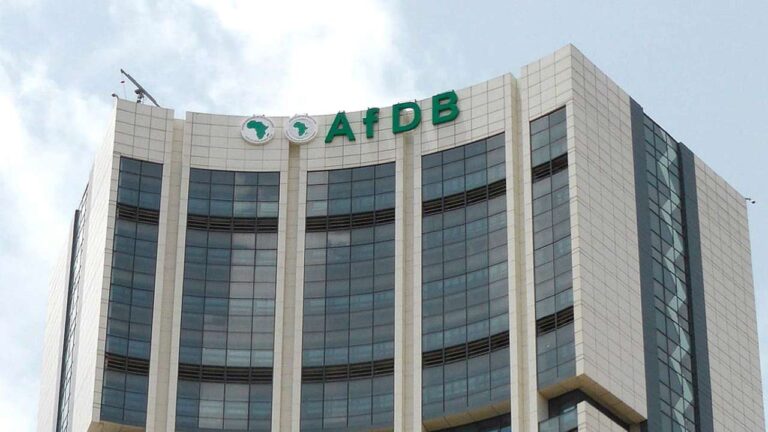The African Development Bank (AfDB) has unveiled a new five-year Country Strategy Paper (CSP) for Nigeria, pledging an average of $650 million annually from 2025 to 2030 to spur economic transformation, tackle infrastructure challenges, and promote inclusive, sustainable growth.
In a statement on its official website, the Bank said it plans to invest $2.95 billion over the first four years, with an additional $3.21 billion anticipated from international partners through co-financing agreements.
Two Main Focus Areas of the Strategy
The newly approved strategy is built around two key pillars:
-
Sustainable, climate-smart infrastructure – aimed at strengthening Nigeria’s competitiveness and boosting industrial development.
-
Inclusive green growth – targeting gender and youth participation, especially through agriculture and industrialisation.
The plan aligns closely with national frameworks like Agenda 2050, the National Development Plan (2021–2025), and the 2023 Renewed Hope Agenda.
Addressing Nigeria’s $2.3 Trillion Infrastructure Gap
Nigeria’s infrastructure deficit is estimated at $2.3 trillion between 2020 and 2043. The AfDB’s strategy aims to bridge part of this gap by:
-
Building climate-resilient roads
-
Expanding electricity access
-
Improving clean water systems
-
Supporting agribusinesses to create jobs
The bank projects that these investments will contribute to doubling Nigeria’s economy to $1 trillion and generating over 1.56 million jobs by 2030.
Supporting Women, Youth, and Rural Communities
The strategy will benefit a wide range of Nigerians including:
-
Women entrepreneurs, through targeted programmes like AFAWA (Affirmative Finance Action for Women in Africa)
-
Youth, who will receive vocational and technical training to boost employability
-
Small and medium-sized enterprises, especially in rural and underserved areas
-
State governments, which will gain access to improved infrastructure and financing opportunities
Boosting AfCFTA Participation
AfDB also aims to strengthen Nigeria’s role in the African Continental Free Trade Area (AfCFTA) by enhancing:
-
Energy supply
-
Transportation networks
-
Market access for local businesses and farmers
Tackling Climate Change and Conflict
According to the Bank, the CSP will also help Nigeria respond to climate-related threats by:
-
Supporting greener, more resilient infrastructure and agriculture
-
Reducing risks from floods, droughts, and farmer-herder conflicts
-
Promoting long-term climate adaptation and sustainability
A Transformative Partnership
Abdul Kamara, AfDB’s Nigeria Country Director, described the plan as a “transformative step forward” in the Bank’s relationship with Nigeria:
“We’re not just building infrastructure—we’re building prosperity pathways for millions of Nigerians.”
This ambitious strategy is set to drive impactful change for Nigeria’s economy and its people—especially women, youth, and rural communities—over the next five years.

